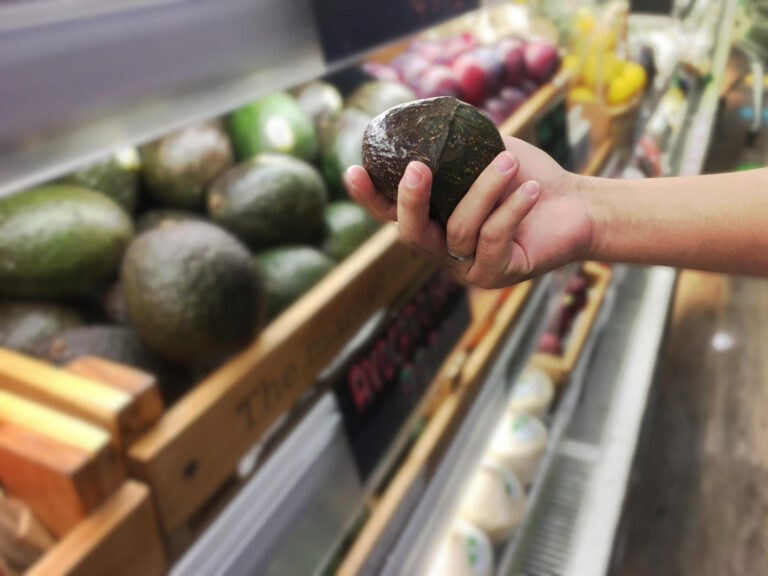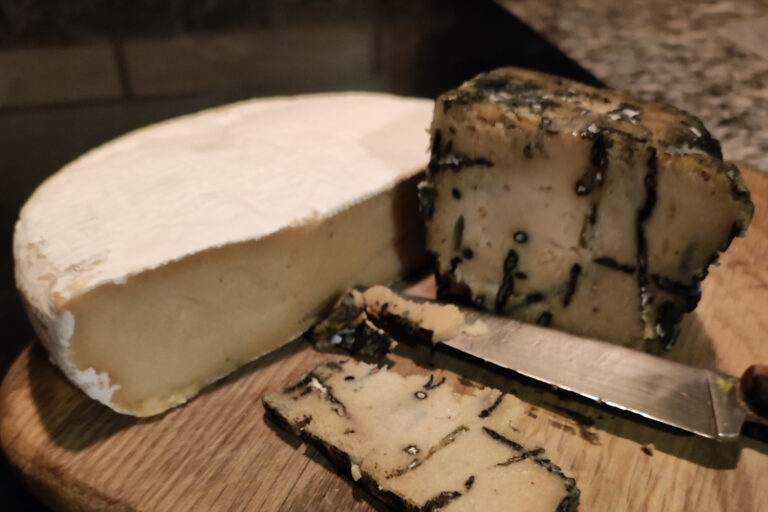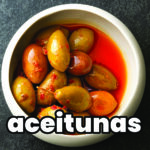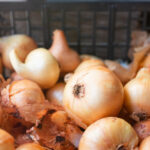The Best Fluffy Pancakes recipe you will fall in love with. Full of tips and tricks to help you make the best pancakes.
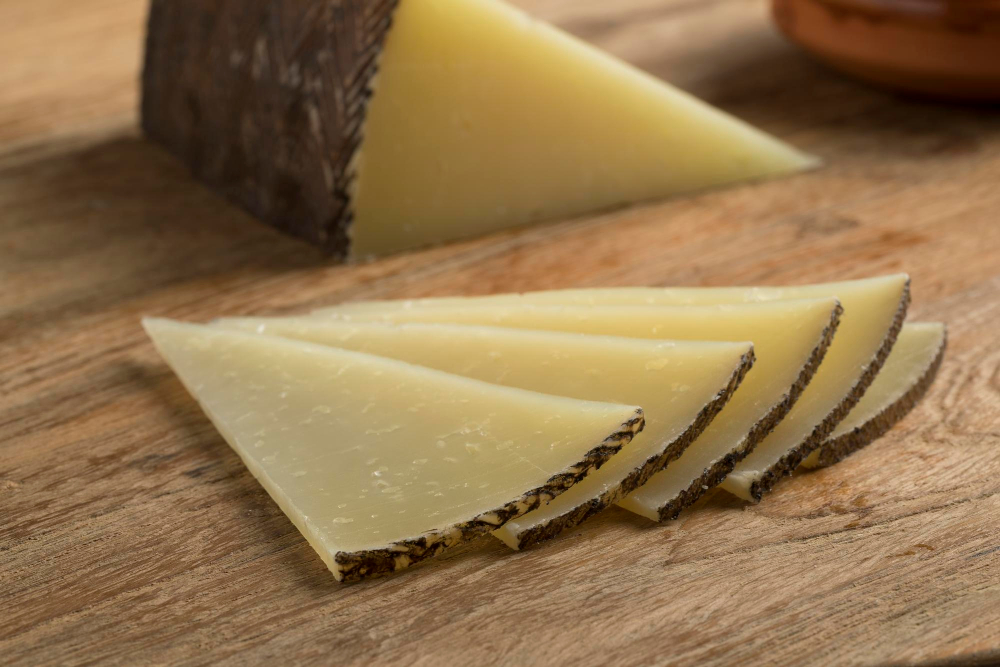
When I was researching this article, it was pretty clear from some popular vegetarian groups and forums that many vegetarians are unaware of some cheese containing animal rennet. There are plenty of UK vegetarian food bloggers who actually use cheese made with animal rennet in their “vegetarian” recipes which, when you look at the pack they link to in the ingredient list, clearly states that it uses animal rennet and is ‘non vegetarian’.
I know that the use of animal rennet in some cheese types is something that is of concern to some people and not so to others.
I also know that there is a relatively high proportion of artisan cheeses in Spain that use animal rennet as part of the cheese making process – perhaps more so than in the UK and US. So I decided to go ahead and put this guide together to help those who seek to avoid animal rennet in cheese and also those who simply want to know more in order to make informed decisions.
If you don’t avoid animal rennet and if this isn’t something that concerns you then feel free to skip over this page 🙂
Likewise, if you are vegan you can ignore this as traditional cheese made with dairy milk isn’t suitable for vegans anyway and head to our Vegan Cheese Guide HERE 🙂
Cheese In Spain
Cheese is an essential part of Spanish cuisine, with a wide variety of styles and flavours reflecting regional traditions from tasty Manchego through to smoky San Simón Da Costa and super-strong Roncari Blue. However, for vegetarians and vegans, choosing cheese can be challenging due to the use of animal rennet in many traditional cheeses. Unfortunately, many traditional and artisan cheese are still made with animal rennet therefore it’s something to watch out for.
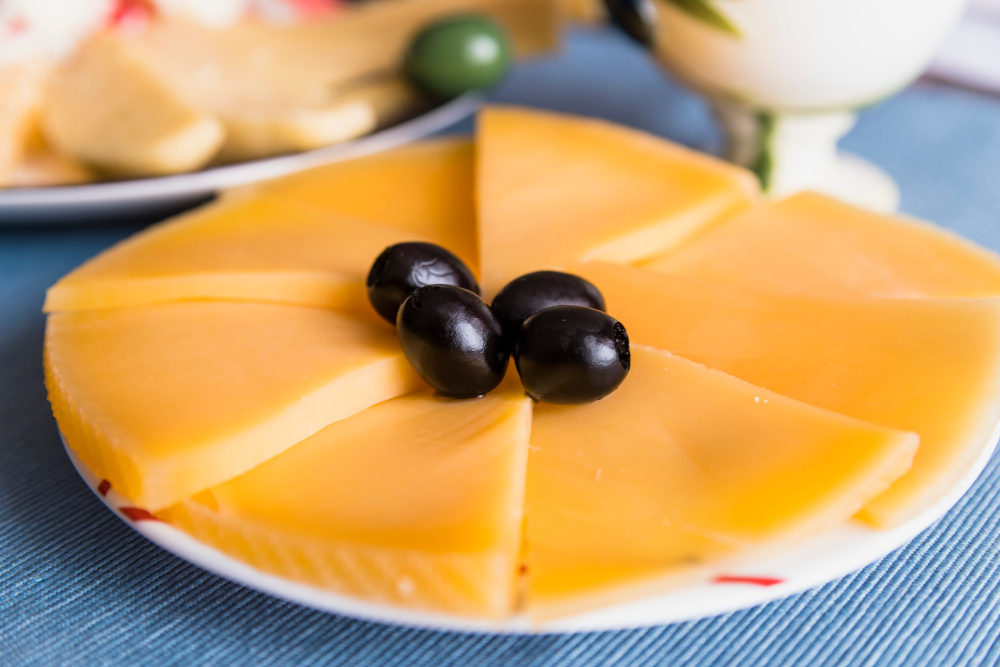
There are plenty of cheese available which are made with alternative coagulants – just read the labels carefully!
Traditional Cheeses Made With Thistle Coagulants (vegetable)
Some Spanish cheeses are traditionally made with vegetable rennet, making them suitable for vegetarians. Notable examples include the tortas from Extremadura, such as:
- Torta del Casar
- Queso de la Serena
These cheeses use rennet derived from thistles (Cynara cardunculus) instead of animal rennet. They are known for their creamy texture and intense flavour. These are a great option for vegetarians as this is the authentic way this cheese is made – so no compromises on quality. You can find tortas in supermarkets in Extremadura and surrounding areas as well specialty stores throughout Spain and local markets and are a cheese quite unlike anything else!
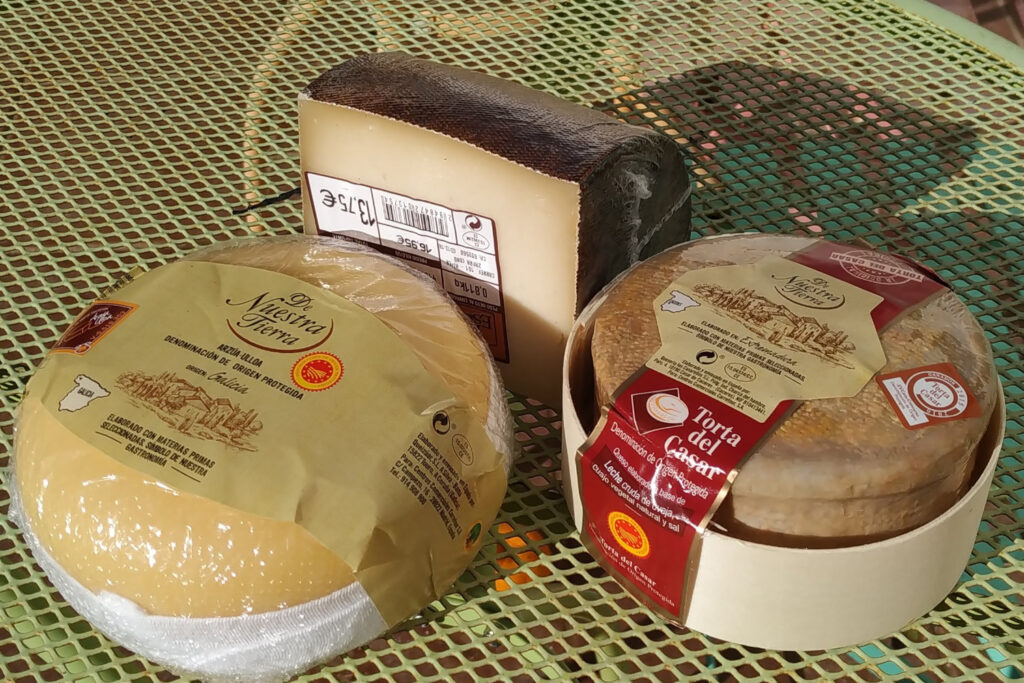
Traditional Spanish Cheeses Made with Animal Rennet
Many traditional Spanish cheeses, including some very popular ones, are typically made with animal rennet and there are (currently) few if any alternatives available. These include many hard cheese such as:
- Manchego: A cured cheese emblematic of La Mancha.
- Idiazabal: Another sheep’s milk cheese, Idiazabal is a Protected Designation of Origin (PDO) cheese that typically utilizes animal rennet in its production.
- Cabrales: A blue cheese made from a blend of cow, sheep, and goat’s milk, Cabrales often employs animal rennet in its production process.
- Roncal: This sheep’s milk cheese from the Roncal Valley in Navarre is traditionally made with animal rennet.
The use of animal rennet is common in many traditional cheese making processes. While there may be vegetable or synthetic based alternatives of these traditional cheeses, this is unlikely to be something you can easily find
Cheeses That May Vary
In addition to cheese that are always made with vegetable rennet (the tortas from Extremadura) and those that are almost always made with animal rennet (manchega), there are many cheese which can be made with either type or many use Microbial coagulants.
Read the Labels 🙂
The best way to find cheese made with non-animal coagulants is to read the labels 🙂 Unless, of course, you are shopping in a specialist store or if a store has clearly labelled vegetarian food.
There are no hard and fast rules here to follow. For example, a pack of emmental cheese from Carrefour is labelled as containing Cuajo which is rennet and we therefore assume it’s animal rennet. A pack of emmental from Eroski is labelled as being made with coagulante de leche microbiano, microbial coagulant.
Example Ingredients Lists
In case you want to see some real life examples, here are some that might help when doing your own research:
From Websites

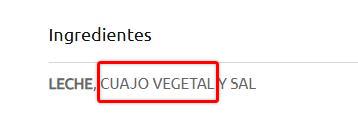
From Product Labels

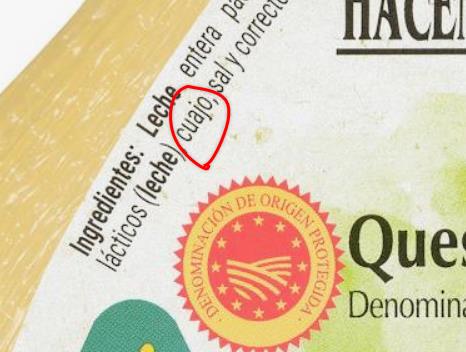
Useful Vocabulary for Vegetarians
When buying cheese in Spain, the following terms can be helpful:
- Animal rennet: “cuajo,” “renina.”
- Vegetable rennet: “coagulante vegetal,” “enzimas vegetales.”
- Microbial coagulants: “enzimas microbianas,” “coagulante microbiano.”
- Suitable options: “apto para vegetarianos,” “sin ingredientes de origen animal.”
Vegan Options
The availability of vegan cheeses is growing rapidly in Spain.
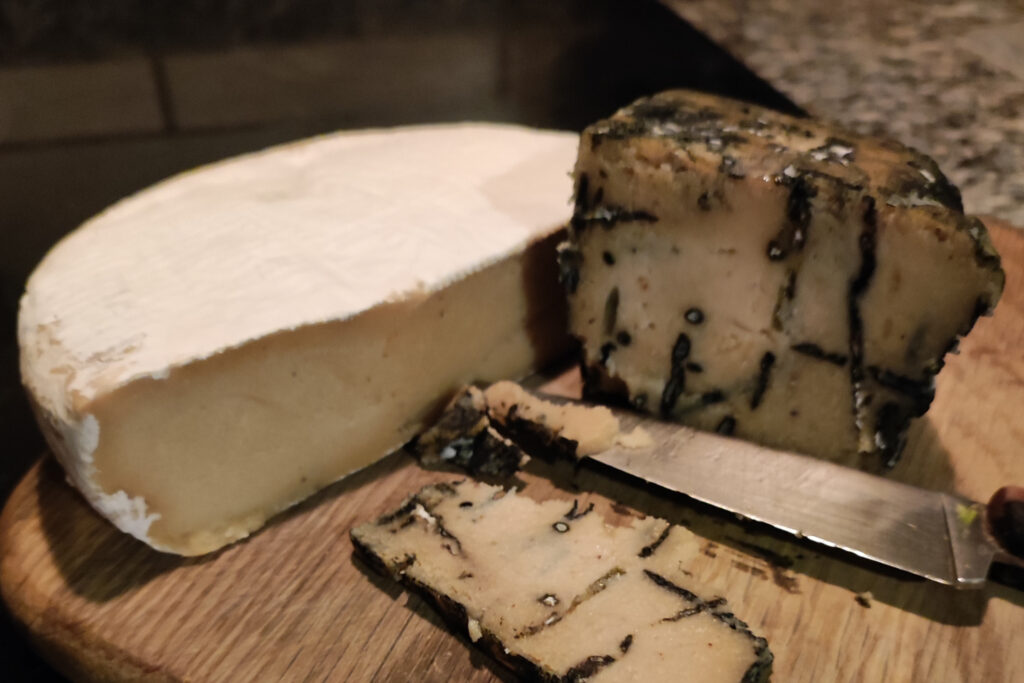
These alternatives are made with ingredients like cashews, almonds, and soy. Some popular brands to look for include:
- Vegan Nutrition: Available in large supermarkets.
- Violife: Wide range of vegan cheeses.
- Nature & Moi: Offers options with good flavor and texture.
- Vrie: Specialized vegan cheeses.
- Mercadona and Lidl: Offer vegan cheeses under their store brands.
Tips
Here are some tips to help you in your animal rennet free cheese hunt!
Bigger shop = more choice: Look in large supermarkets, organic stores, and local markets to find vegetarian- and vegan-friendly cheese options.
Look for non artisan and non traditional cheese: ‘Commodity’ cheese, like supermarket own label or mild cheese like emmental and edam may offer good options. While you may find artisan cheese without animal rennet, it’s likely to be restricted to specialist shops.
Ask, but be prepared for blank looks: So don’t be surprised if when you ask if a cheese contains animal rennet you get a blank look back. Obviously this won’t be the case in stores that specialize in cheese and dairy products – but there will be plenty of shop owners who are not aware of this being an issue for vegetarians
If you can’t find suitable cheese, consider easy-to-find alternatives like hummus, vegetable pâtés, or avocado.
Hopefully this will help you find the best possible cheese to enjoy during your visit in Spain.




